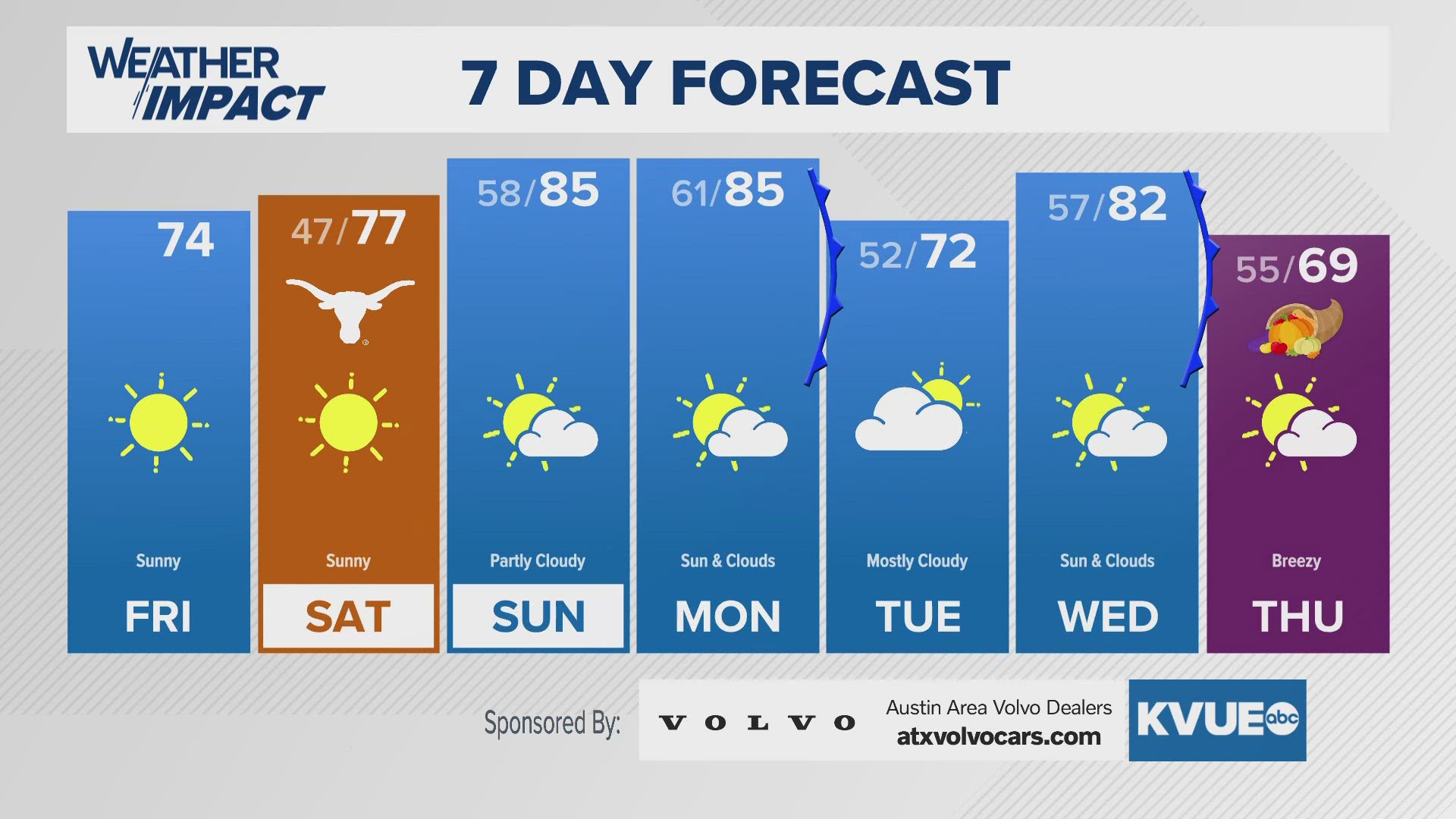AUSTIN -- After Army Maj. Nidal Hasan gunned down 13 people and wounded 32 others in a shooting rampage on Fort Hood in November 2009, the government began asking questions.
Why didn't anybody contact Fort Hood and say, 'You know what? There's an issue here. You've got a problem. You've got a guy that could actually kill somebody?' House Homeland Security Committee Chairman Michael McCaul asked in a September 2012 hearing of the Subcommittee on Oversight, Investigations and Management.
Separate independent internal investigations commissioned by the FBI and the Department of Defense revealed both had detected disturbing signs of Hasan's involvement with radical Islam, but had failed to adequately share or act on the information. Each commission released dozens of recommendations, including improving interagency communication, and increasing active shooter and mass casualty training.
Camp Mabry in Austin conducted an extensive active shooter exercise last month, and such exercises have become common at military installations nationwide since 2009. Army officials late Wednesday and early Thursday credited the enhanced training with likely limiting the casualties inflicted Wednesday by Army Spc. Ivan Lopez, who officials say killed three soldiers and then himself after being engaged by military police.
I think the response from the law enforcement and the medical folks displayed clear lessons learned from the previous case, Fort Hood Commanding General Mark A. Milley told media Wednesday night. And I think that it was obvious that the response was swift.
The commission reports also suggested agencies should do a better job identifying and engaging with troubled personnel who could become dangerous. Lopez was examined by a psychiatrist last month. Testifying before the Senate Armed Services Committee Thursday morning, Army officials said his complaints of sleep problems, anxiety and depression weren't viewed as cause for alarm.
As of this morning, we had no indication on the record of that examination that there was any sign likely violence either to himself or to others, no suicidal ideation, Army Secretary John McHugh . So the plan forward was to just continue to monitor and to treat him as deemed appropriate.
It looks like to me that you've had a mental health failure here, said Fred Burton, vice president for intelligence with Austin-based geopolitical intelligence and consulting firm Stratfor. Whereas the 2009 shooting was a failure of intelligence, Burton suggests comparing the elaborately planned act of a self-described soldier of Islam to Wednesday's act committed by a soldier who believed he was suffering from post-traumatic stress disorder is comparing apples to oranges.
With more than 50,000 soldiers and civilians spread across the sprawling installation, Fort Hood operates much like a small city. Terror attacks notwithstanding, Burton explains such installations are subject to the same acts mass violence as civilian communities such as Aurora, Colo. and Newtown, Conn. Even with the increased attention mental health issues have received from media and policy makers, such attacks have proven frustratingly difficult to anticipate.
I'm not really surprised, said Burton. If you look at Fort Hood in general, I think most people fail to recognize that this is a small city and that it has all the problems that any city would have, such as Austin or Killeen, and that in essence, your perimeter gates don't stop society at large from all the different kinds of issues that affect us all in any community.
Under Defense Department policy in place even before the 2009 attack, only properly registered firearms are allowed on post and must be kept secured in specified areas. Even after gate security was stepped up afterward, checks for unregistered weapons like the .45 semi-automatic pistol bought off post and used by Lopez are random. Making sure unregistered firearms aren't smuggled through busy checkpoints is a major challenge facing administrators at every large military installation.
There are tens of thousands of cars that come in and out of Fort Hood every day. It would be logistically impossible to search each and every one of those vehicles, Killeen Mayor Dan Corbin told CNN Wednesday evening.
Burton summarized Fort Hood's dilemma by pointing to the notice posted by businesses which prohibit firearms on their premises, Even though you have the sign at your door, what really prohibited me from carrying a weapon into the newsroom?
Although Texas allows those with state concealed handgun licenses to carry weapons in most public places, concealed handguns are not allowed on military installations. Wednesday's turn of events has now renewed the debate over whether the federal policy should be reviewed. Asked by Sen. Phil Graham (R-SC) for his view on arming more people on post, Army Chief of Staff Gen. Ray Odierno indicated he was not in favor of arming anyone other than law enforcement.
I believe that we have our military police and others that are armed and I believe that's appropriate, said Odierno. And I think that I believe that that allows us the level of protection necessary. Although we carry arms quite regularly overseas when we are deployed and do it on a regular basis, I believe back here in the United States it is more appropriate that we leave it at that.
No, I don't think soldiers should have concealed weapons on base, Lt. Gen. Mark A. Milley, commanding general of III Corps and Fort Hood, answered the same question posed by media Wednesday night. We have law enforcement agents. We're trained professionals and I don't endorse carrying concealed weapons on base.
Well I am a believer in the right to keep and bear arms and I believe that licensed carriers should be able to carry, Rep. John Carter (R-TX) told CNN. However, I also believe that if you want to exclude them from your home and tell them that they can leave their pistol at home, you can do it. And quite honestly, Fort Hood is the Army's home. I defer to the Army. They get to make that decision.
See the recommendations following the 2009 shooting at Fort Hood: FBIREPORT, DEFENSEREPORT

